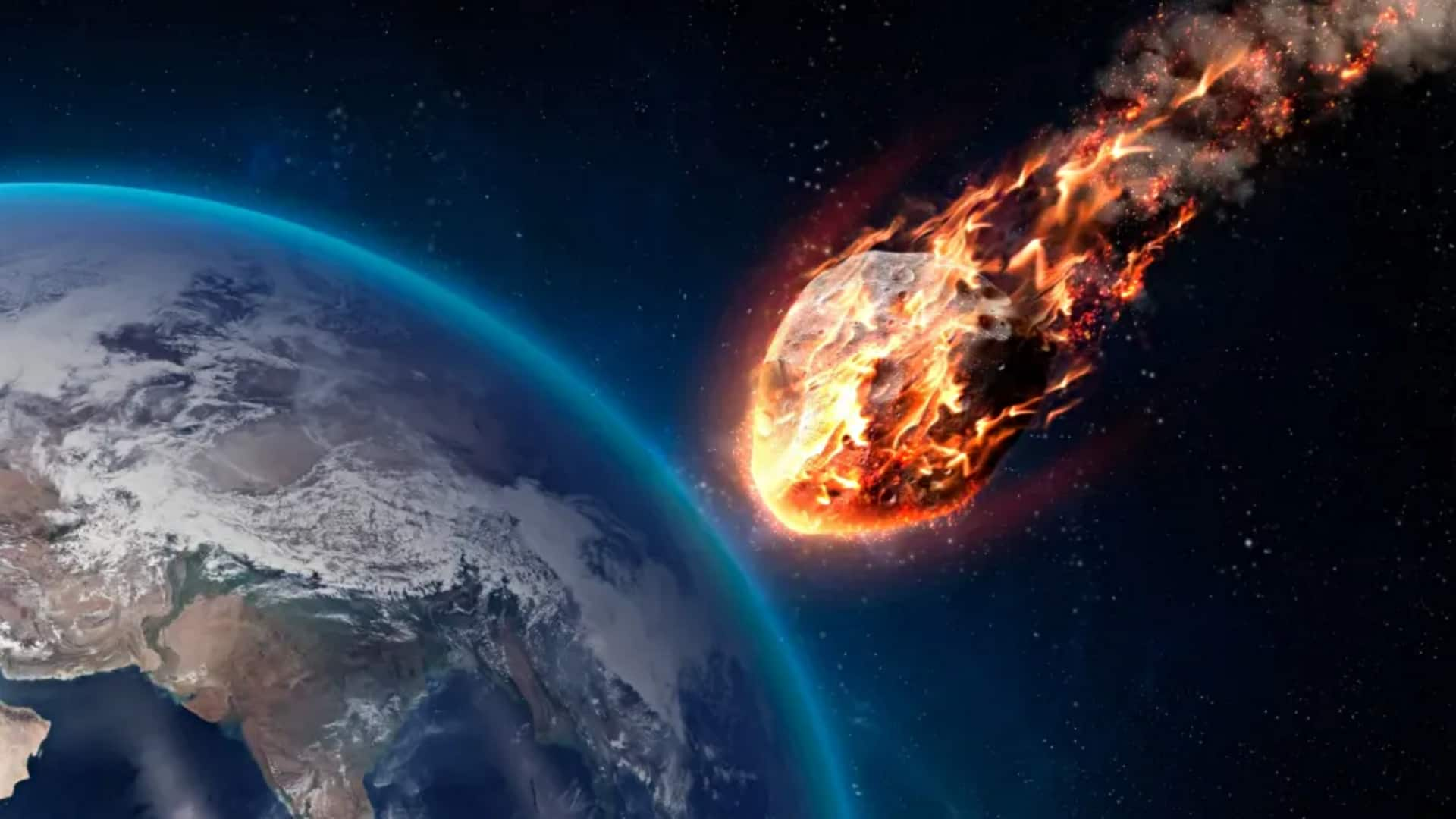
A hazardous 240-feet asteroid is approaching Earth today, warns NASA
What's the story
A 240 feet wide asteroid, dubbed 2020 FC4, is set to come perilously close to Earth on Saturday, i.e., November 12.
It is traveling at a speed of 47,988km/h and will approach our planet at a distance as close as 7.6 million kilometers.
Moreover, NASA has warned that this space rock may lead to catastrophic damage if it ends up hitting our planet.
Context
Why does this story matter?
The risk of an asteroid strike has increased ever since the discovery of a new class of asteroids that are roving near Earth's orbit.
In recent months, there have been a few close calls with these space rocks flying by our planet.
Therefore, it has become crucial to watch out for these bodies before they can hit our habitat.
Discovery
2020 FC4 added to NASA CNEOS database recently
The asteroid 2020 FC4 was first identified in 2020. It has recently been included in the database of the NASA Center for Near Earth Object Studies (CNEOS).
Typically, space rocks travel at speeds of 25,000-50,000km/h. However, the 2020 FC4 is moving at a mind-boggling speed of 47,988km/h.
This is extremely fast, and if it collides with our planet, it may lead to significant damage.
Proximity
It will come as close as 7.6 million km
Forecasts indicate that the asteroid 2020 FC4 will approach Earth at a distance as close as 7.6 million km.
The chances of this rock from outer space hitting our planet are minimal, and it will probably pass by us safely. However, last-second deflections may lead to serious damage.
Therefore, NASA is continuously monitoring 2020 FC4 till it makes a safe passage.
Solution
How is NASA tackling asteroids?
NASA realized the danger posed by space rocks and made it a priority to track near-Earth objects (NEOs) within the solar system's inner ring.
It constantly monitors threats by utilizing the capabilities of the Jet Propulsion Laboratory (JPL) and the Wide-field Infrared Survey Explorer (WISE) telescope.
Recently, NASA also conducted its Double Asteroid Redirection Test (DART) mission to learn about preventing asteroid strikes.